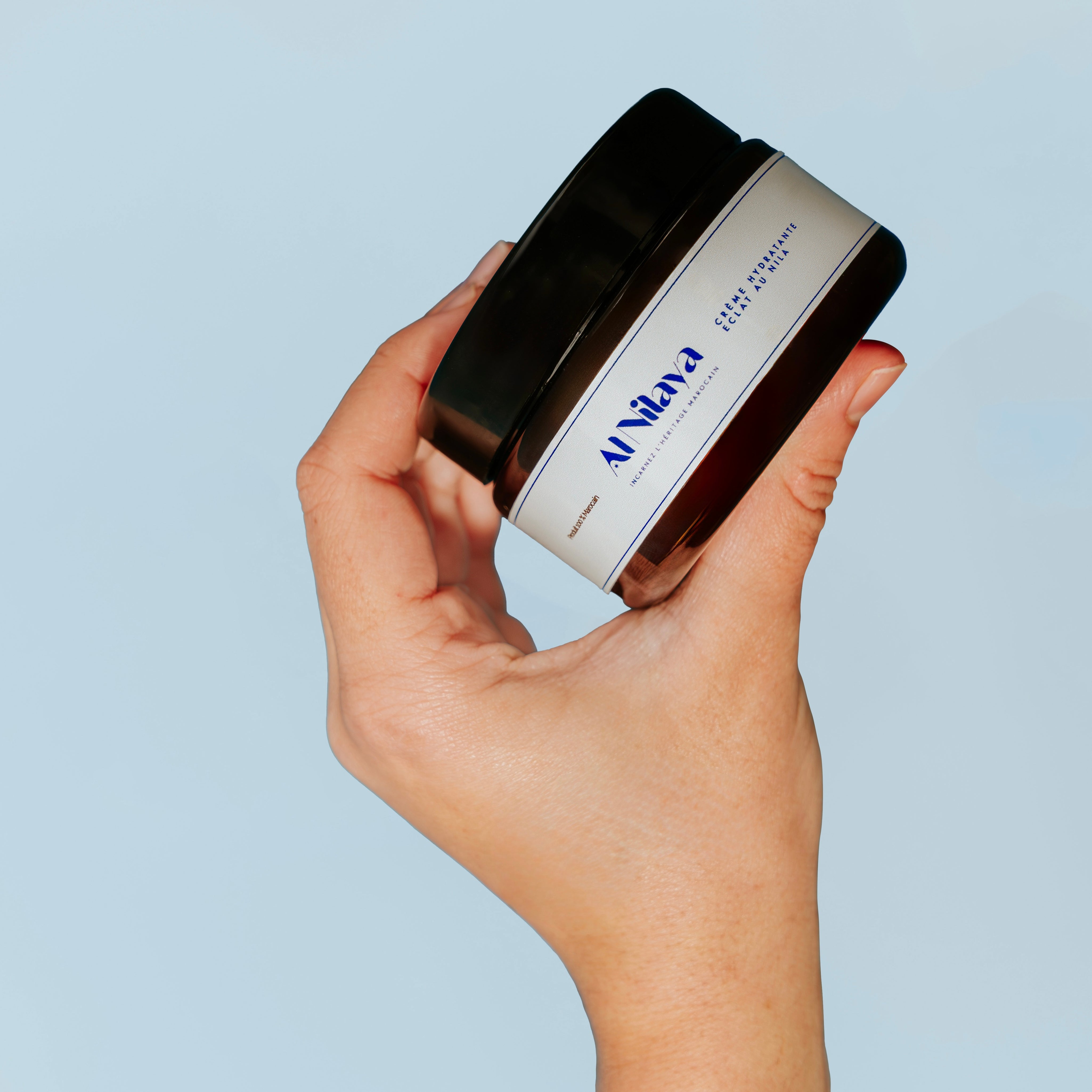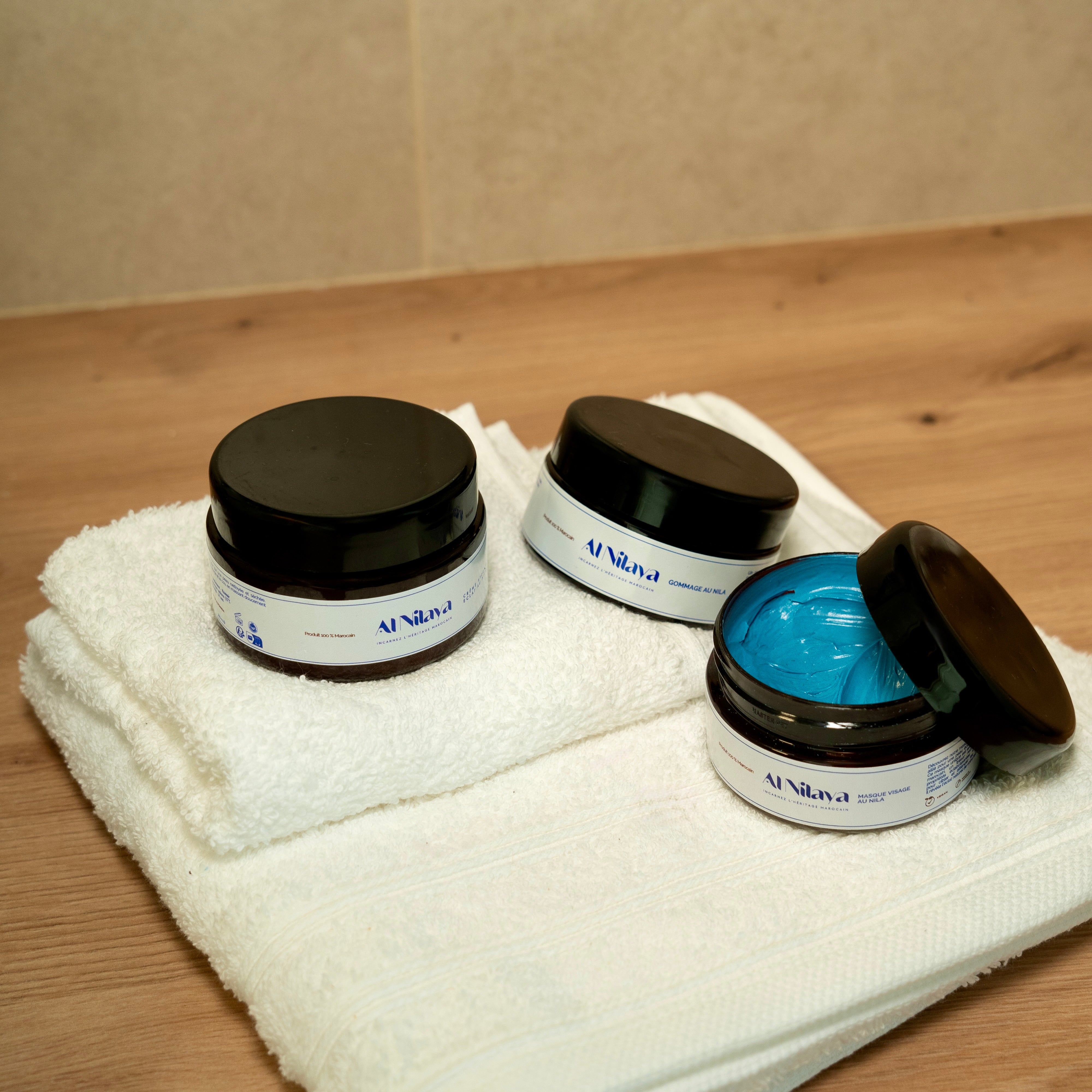In the endless ocean of skincare, scrubs play a vital role in maintaining healthy, smooth and glowing skin. However, with a variety of products available on the market, it can be difficult to navigate the different types of scrubs and understand which one is best for your skin. In this article, we'll explore the differences between mechanical, chemical, and enzymatic scrubs in detail, to help you choose the one that best meets your specific needs.
Mechanical scrubs, also known as physical scrubs, use grainy particles to exfoliate the skin, removing dead skin cells and impurities. These particles can be natural ingredients like sugar, salt or coffee, or synthetic microbeads. Mechanical scrubs provide gentle, immediate exfoliation, leaving skin smoother and softer to the touch. They are especially effective for thick or acne-prone skin, but may be too abrasive for sensitive skin.
Chemical scrubs use exfoliating acids such as glycolic acid, salicylic acid or lactic acid to dissolve dead skin cells and stimulate cell turnover. Unlike mechanical scrubs, chemical scrubs work deeply to dislodge impurities and improve the texture of the skin. They are effective in treating blemishes, age spots and fine lines, but may cause mild irritation in sensitive skin.
Enzyme scrubs use natural enzymes derived from fruits like papaya, pineapple or pumpkin to gently dissolve dead skin cells. Unlike mechanical and chemical scrubs, enzymatic scrubs do not need friction to act, which makes them particularly suitable for sensitive or reactive skin. They provide gentle, non-abrasive exfoliation, leaving skin luminous and glowing without irritation or redness.
No matter what type of scrub you choose, make sure to incorporate it into your skincare routine regularly to maintain healthy, smooth, glowing skin. And remember to always follow product instructions and apply moisturizer after exfoliating to nourish and protect your skin.







